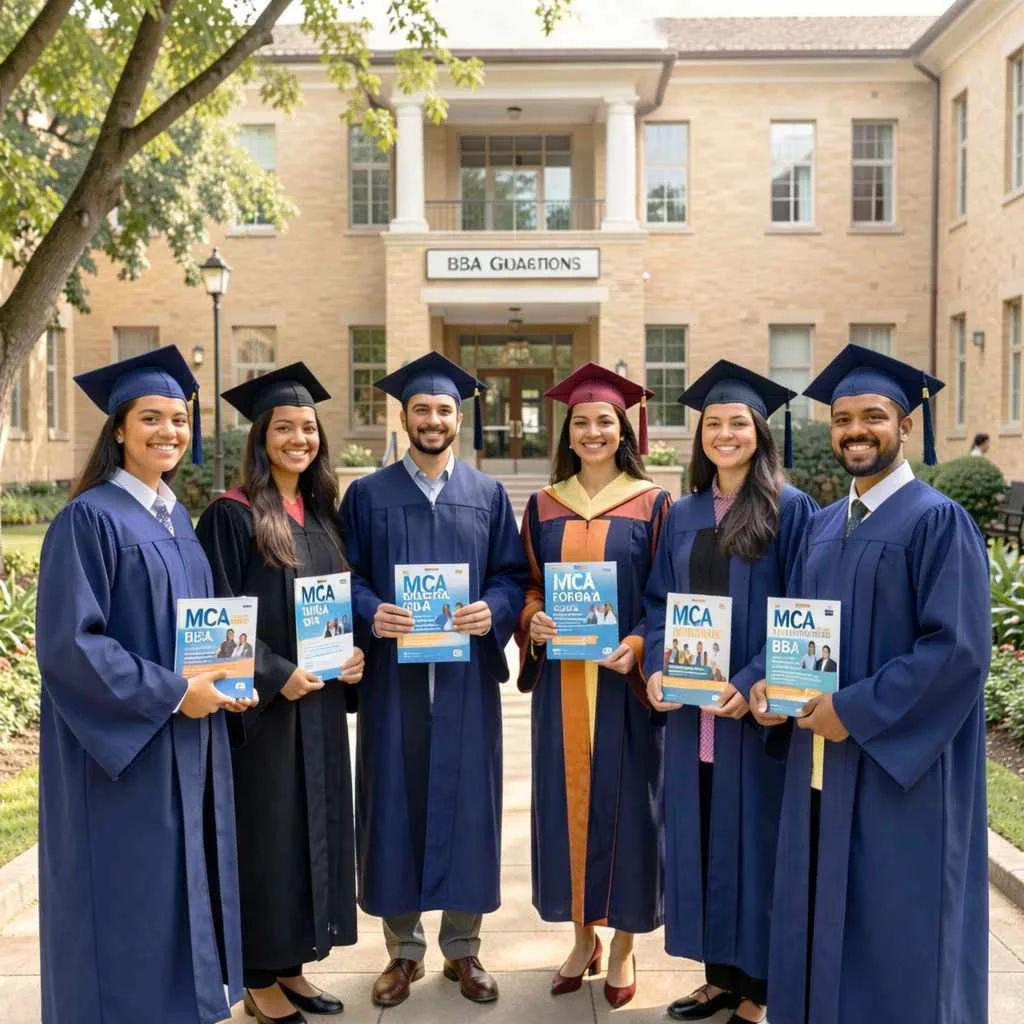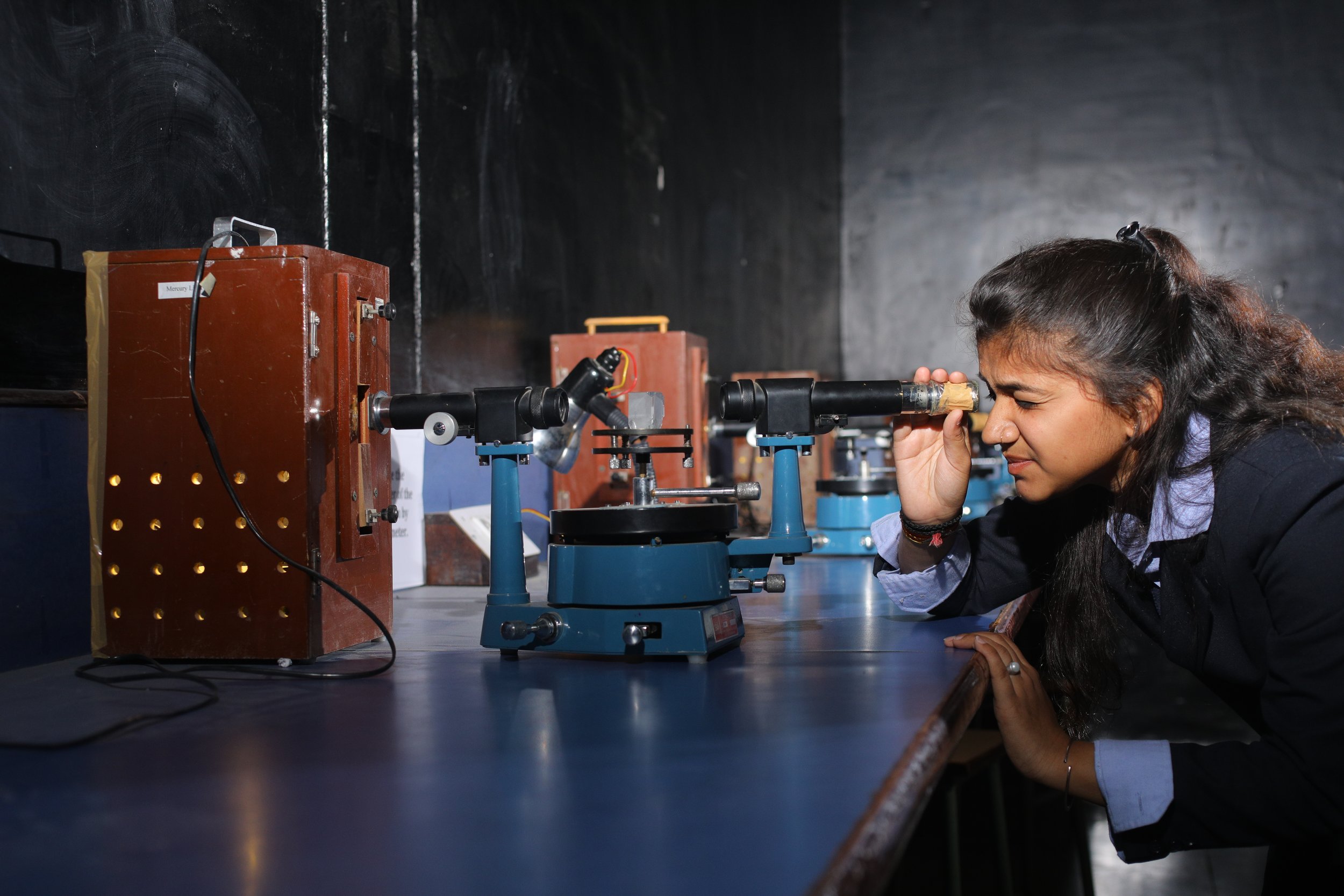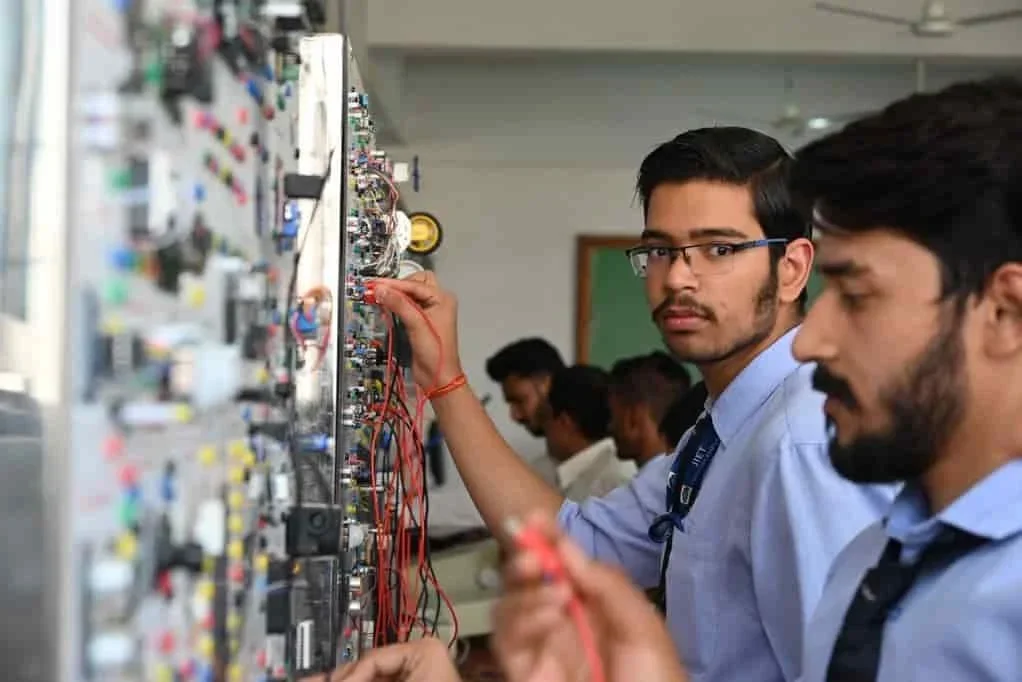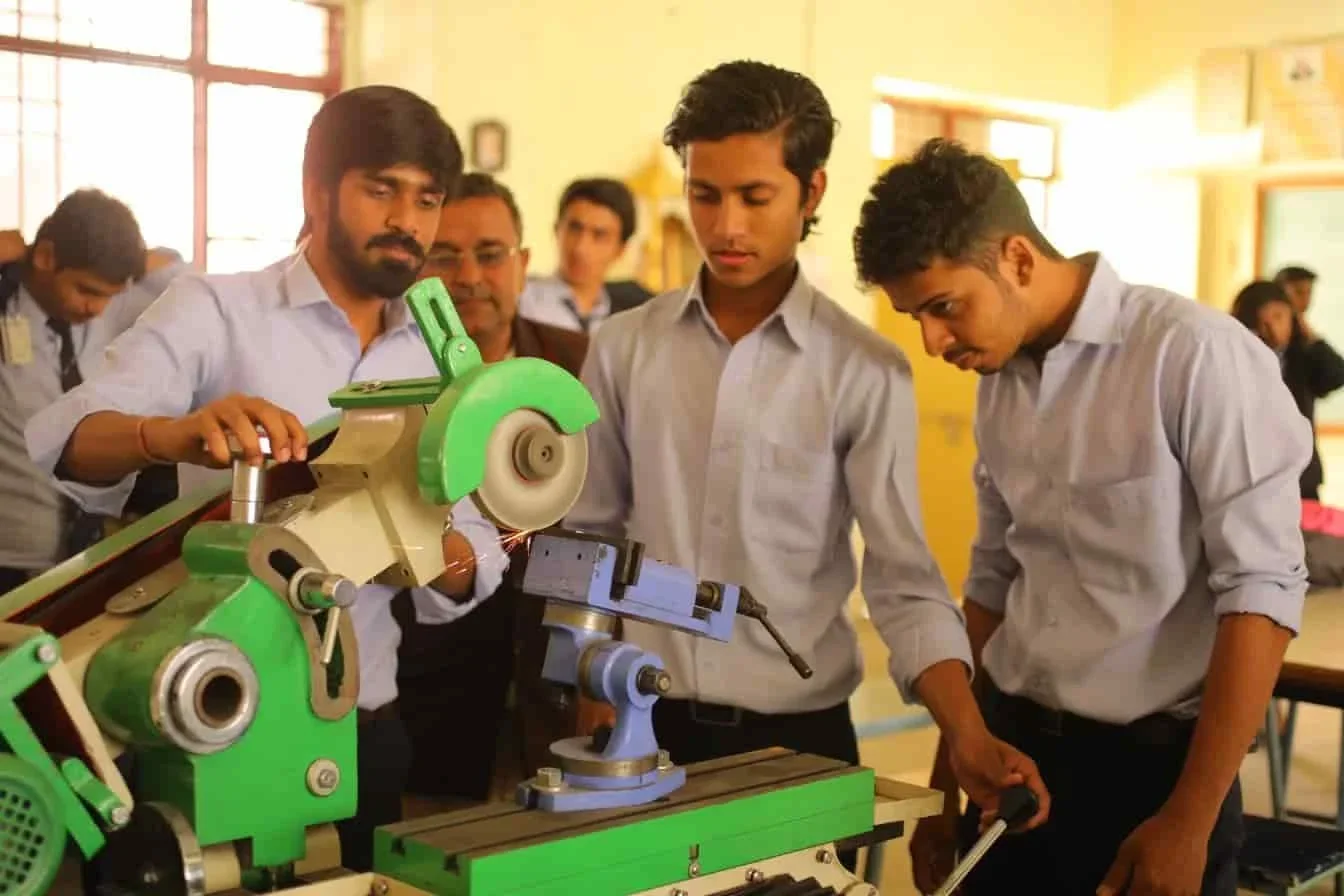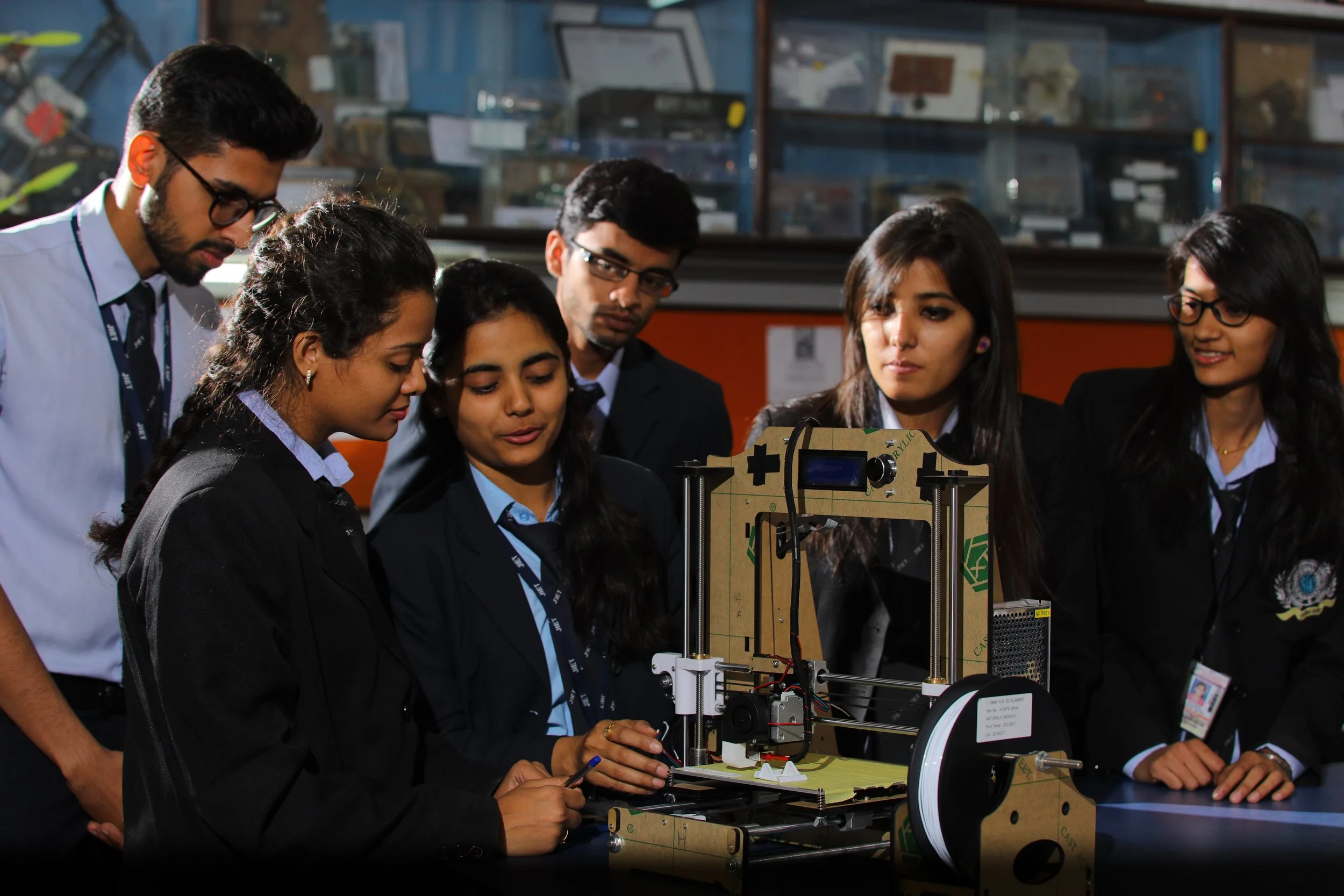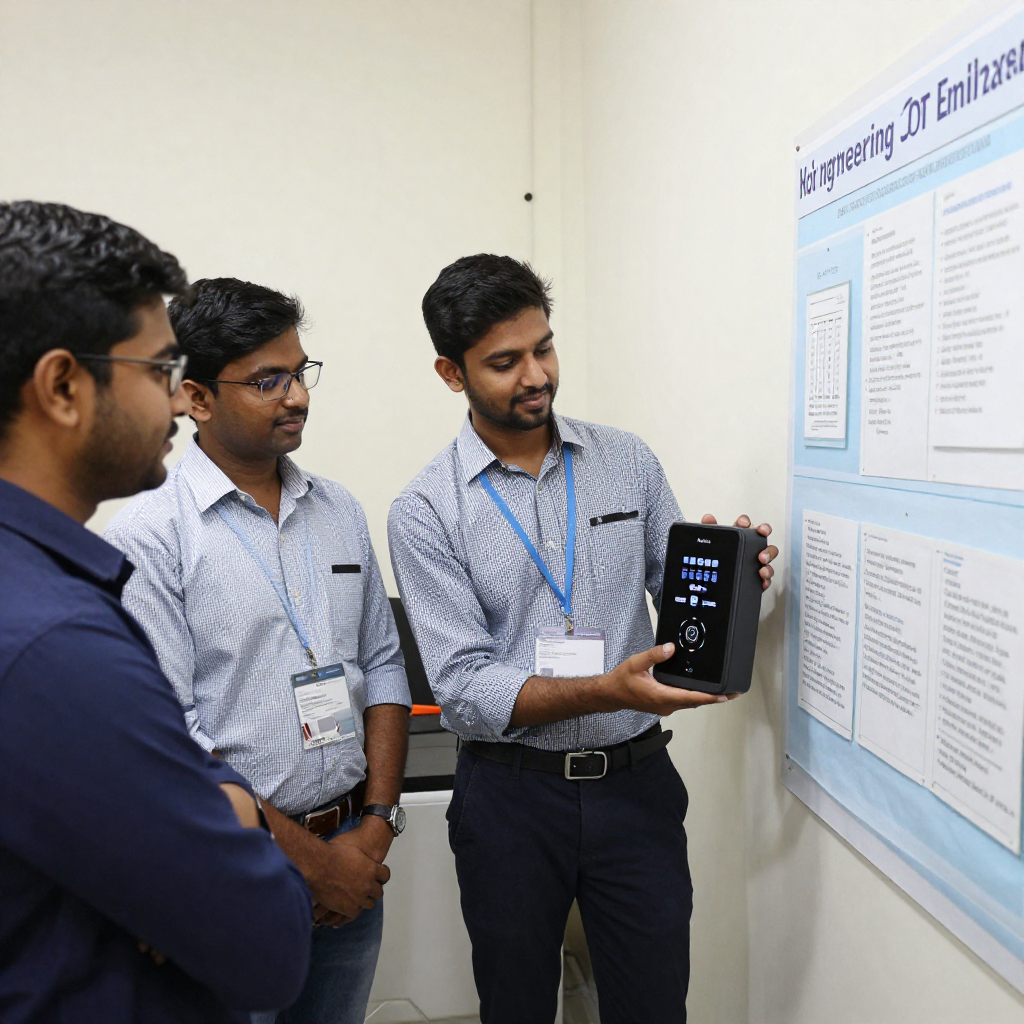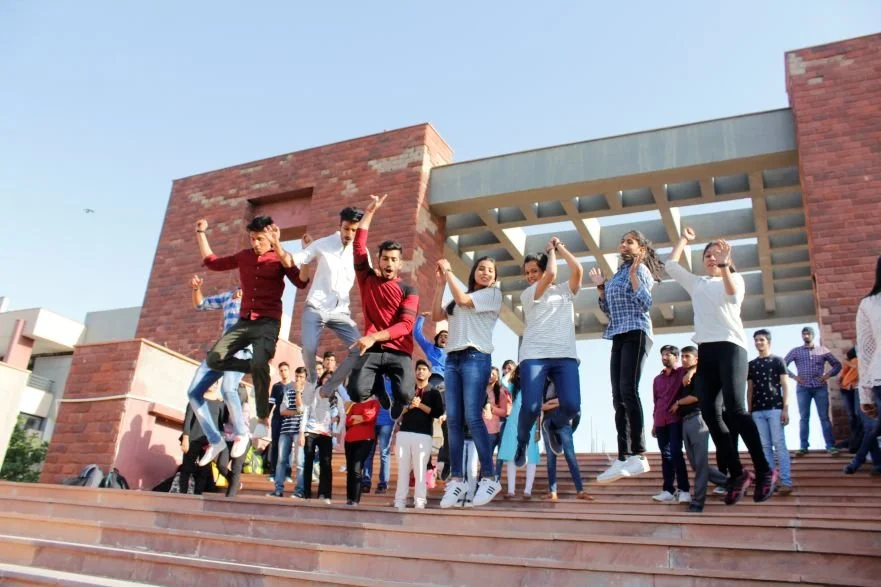How Covid-19 has changed the culture of Engineering
The Covid-19 outbreak changed the working of every industry in India. The impact on key engineering industries was fast and significant. Whether it was creating ventilators and hospitals, modeling viral propagation, or inventing social-distancing technologies to keep colleagues safe at work, organizations and people worked together like never before.
On the other hand, engineers like a challenge and have shown their abilities to the rest of the world. We do, however, have a solid notion of where we're going, thanks to some excellent problem-solving and invention. Here are some of the ways Covid-19 impacted engineering and how engineering will impact the post-pandemic world.

Asset management is getting more attention
While asset management has always been a cornerstone of infrastructure management, the pandemic has made it more critical for government agencies. Asset management is one strategy that may assist stretch a budget soon when budgets are anticipated to accomplish more with less as government revenues recover.
The approach is based on maintaining an accurate inventory of the department's assets, a condition evaluation, and prioritizing which assets require repair and replacement.
In this area, your engineering associate can help you make asset management decisions that will offer your department the focus it needs. That might include advice on which improvements should be completed now to save money in the future and which should be postponed since the asset will be replaced in a few years.
Infrastructure funding is returning
Following the epidemic, state, provincial, and municipal government finances are projected to be strained since last year's closure kept commuters at home, cutting earnings from gas taxes and public transit charges.
However, it looks that federal infrastructure financing will be a top priority in the future years, and the resurgence of congressional earmarks guarantees that members will be more enthusiastic about projects in their areas.
Furthermore, since the pandemic exposed the disparities and the necessity for distant connectivity, financing for broadband infrastructure will get increasing attention. In all government areas, including local, state, and federal, it seems to be a growing trend. It is excellent news for public works officials with projects and financial needs backlogs. However, here is where the task might get challenging. Having a partner with expertise in writing grants and pitching initiatives for several funding sources is critical to securing financing.
Changes in Education
Millions of pupils' lives were turned upside down due to the lock downs and continued restrictions. As students returned home, lectures were streamed over the internet. The epidemic has hastened the change of engineering education, lowering obstacles to creativity while also presenting new problems.
While evaluation plans were dismantled, the laboratory and practical courses had to be redesigned and replaced. Courses improved efficiency and flexibility for some, while others had challenges with poor motivation, a sense that they weren't learning enough, and internet connection difficulties.
The main issue was the unexpected inability to access laboratories, equipment, and production facilities during work and contact hours. Using group representatives, single students would visit facilities and operate equipment while communicating with their peers at home.
Another strategy was to improve outsourcing skills by encouraging students to create specifications for others to construct – a crucial skill given how the epidemic prompted a rethinking of in-person meetings and work travel.
Conclusion
Changes brought on by COVID-19 need adaptability and flexibility, as does an appreciation of the wider context of the problems we confront. So, if you're interested in engineering, check out top institutions like https://www.jietjodhpur.ac.in/ to acquire the greatest foundation for your engineering education from Rajasthan's leading private engineering college.
Choosing the right career after Class 12th can shape your entire future. With the healthcare sector expanding rapidly, Pharmacy Courses After 12th at JIET Universe are becoming an excellent choice for students who want to move beyond textbooks and make a real difference in people’s lives.
In today’s fast-evolving digital economy, the boundaries between management and technology are rapidly blurring. For BBA graduates who aspire to build careers in IT management, data-driven business solutions, software systems, or digital transformation, pursuing an MCA (Master of Computer Applications) is a powerful career move.
It is a dynamic industry that blends art, technology, business, and innovation. After completing 12th grade, many students interested in fashion face a common question. What's the right choice for you depends on your career goals, the time you're willing to invest, and your long-term vision.
Choosing the right career after 12th Science with Physics, Chemistry, and Mathematics (PCM) is one of the most important decisions for students and parents. With rapid technological advancements and evolving industry demands, today’s students need career options that offer both growth and stability
Electrical Engineering has always been the backbone of technological progress—from power generation to smart automation.
Mechanical Engineering has always been the heart of technological progress. From simple machines to advanced robotics, from automobiles to renewable energy systems, mechanical engineers play a crucial role in shaping the modern world.
The construction industry is evolving rapidly. Technologies like smart cities, green buildings, advanced materials, and digital project management are transforming infrastructure planning, design, and construction.
In today’s competitive professional world, higher education plays a vital role in shaping a successful career. However, many students and working professionals hesitate to invest additional years in full-length programs.
In today’s competitive education landscape, theoret ical knowledge alone is not enough. At JIET Universe, students across engineering, management, design, pharmacy, nursing, hotel management, MBBS, BBA, MBA, MCA, and BCA are transforming their learning through deep-tech projects.
Education is the foundation of a successful career, and choosing the right institution plays a crucial role in shaping that future. With JIET Universe Admissions 2026.
India celebrates Engineers’ Day on 15 September, honouring Sir M. Visvesvaraya and the ingenuity that powers our nation.
Every year on 10 September, campuses around the world pause for World Suicide Prevention Day. The 2025 theme—“Changing the Narrative on Suicide”—urges us to replace silence and stigma with open
JIET Universe shapes future-ready professionals with top placements, academic excellence, innovation, internships, and scholarship opportunities.
From waterproof wear to cheerful colors, explore stylish monsoon looks curated by JIET Universe’s Department of Design. Admissions Open—Apply Now!
Explore top B.Des. courses at JIET Universe! Fashion, Interior, Communication & Applied Arts—where creativity meets career. Admissions open now!
JIET Universe offers UG, PG & Diploma courses with expert faculty, hands-on learning & top placements to make you a future-ready professional.
Empowering women at JIET! With Genpact’s STEM for HER, scholarships, NCC, and a safe campus, young girls are inspired to lead, innovate, and succeed.
Unlock limitless career opportunities in tech with JIET’s BCA & MCA programs—industry-ready skills, global scope, and top placements await you!
Discover industry-ready BBA & MBA programs at JIET Universe. Build leadership, gain practical skills, and launch a successful management career.
Explore life at JIET Universe — where academics, innovation, culture, and campus fun come together to create an unforgettable student journey.
JIET offers NAAC “A” grade B.Tech, M.Tech & Ph.D. programs, 40% scholarships, top placements, startup support & industry-ready training. Apply now!
Echoes 2025 at JIET Universe showcased student creativity through fashion, media, and interior design in a vibrant, collaborative celebration.
Your complete guide to REAP 2025 admissions for B.Tech/B.Arch in Rajasthan—key dates, steps, eligibility, and why JIET Universe is your top choice.
Passed 12th? Explore careers at JIET in Engineering, Design, Management & more! Admissions Open 2025–26. Choose JIET—where dreams take flight!
RUHS CUET 2025 results are out! Learn the next steps for counselling and explore Nursing & Pharmacy programs at JIET Universe. Apply now!
Kickstart your future at JIET! Explore top courses, simple admissions, scholarships & more. Your career journey begins here—apply now for 2025!
Every year on March 30, the world comes together to observe the International Day of Zero Waste. In 2025, the focus was on a critical and often overlooked issue:
Interior design goes beyond mere decoration—it’s about transforming everyday spaces into functional, personalized, and visually appealing environments.
Artificial Intelligence (AI) and Machine Learning (ML) are reshaping the healthcare landscape, offering innovative solutions to age-old challenges.
In today’s dynamic and ever-evolving fashion industry, communication plays a pivotal role in shaping brand identity and engaging consumers.


